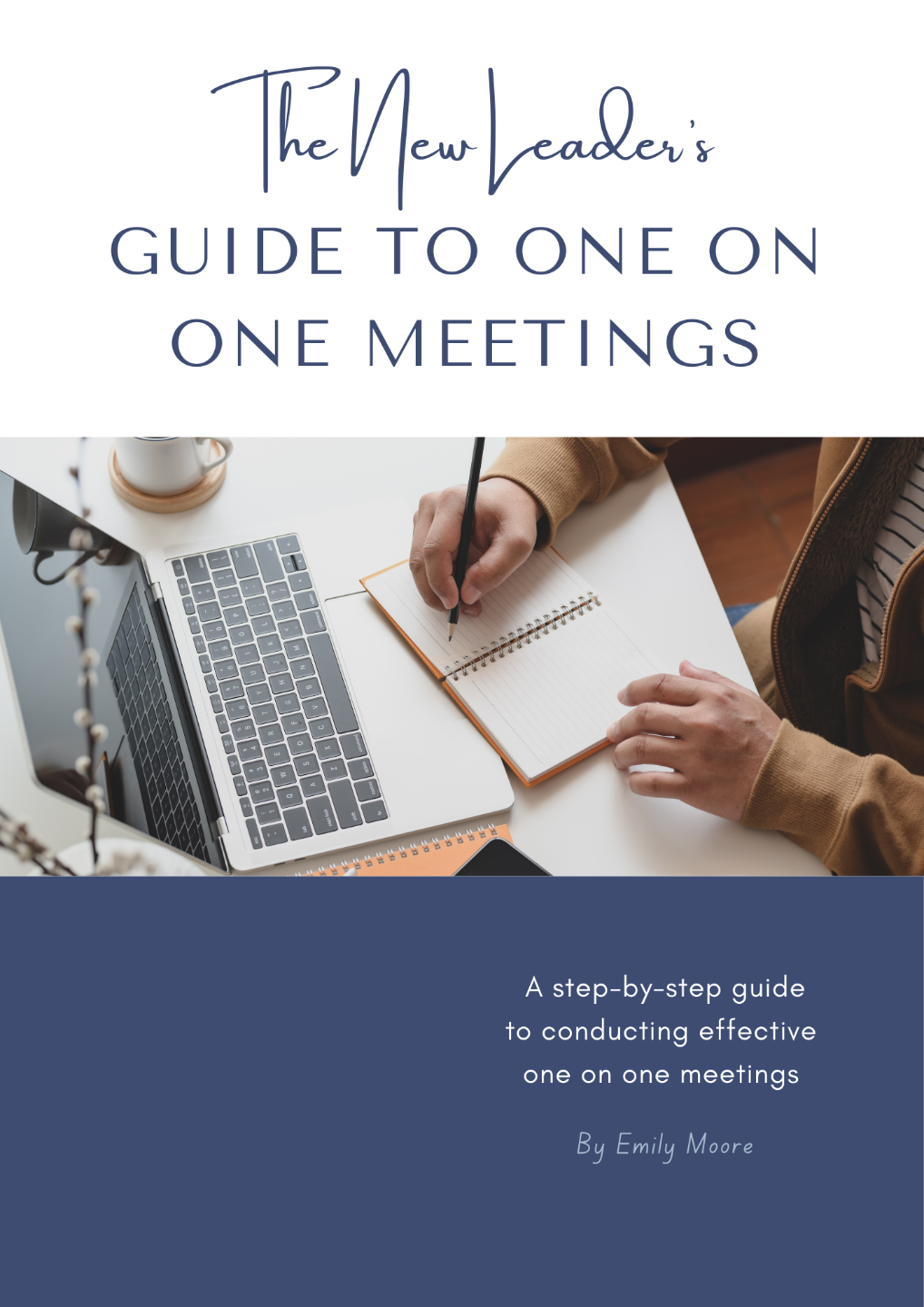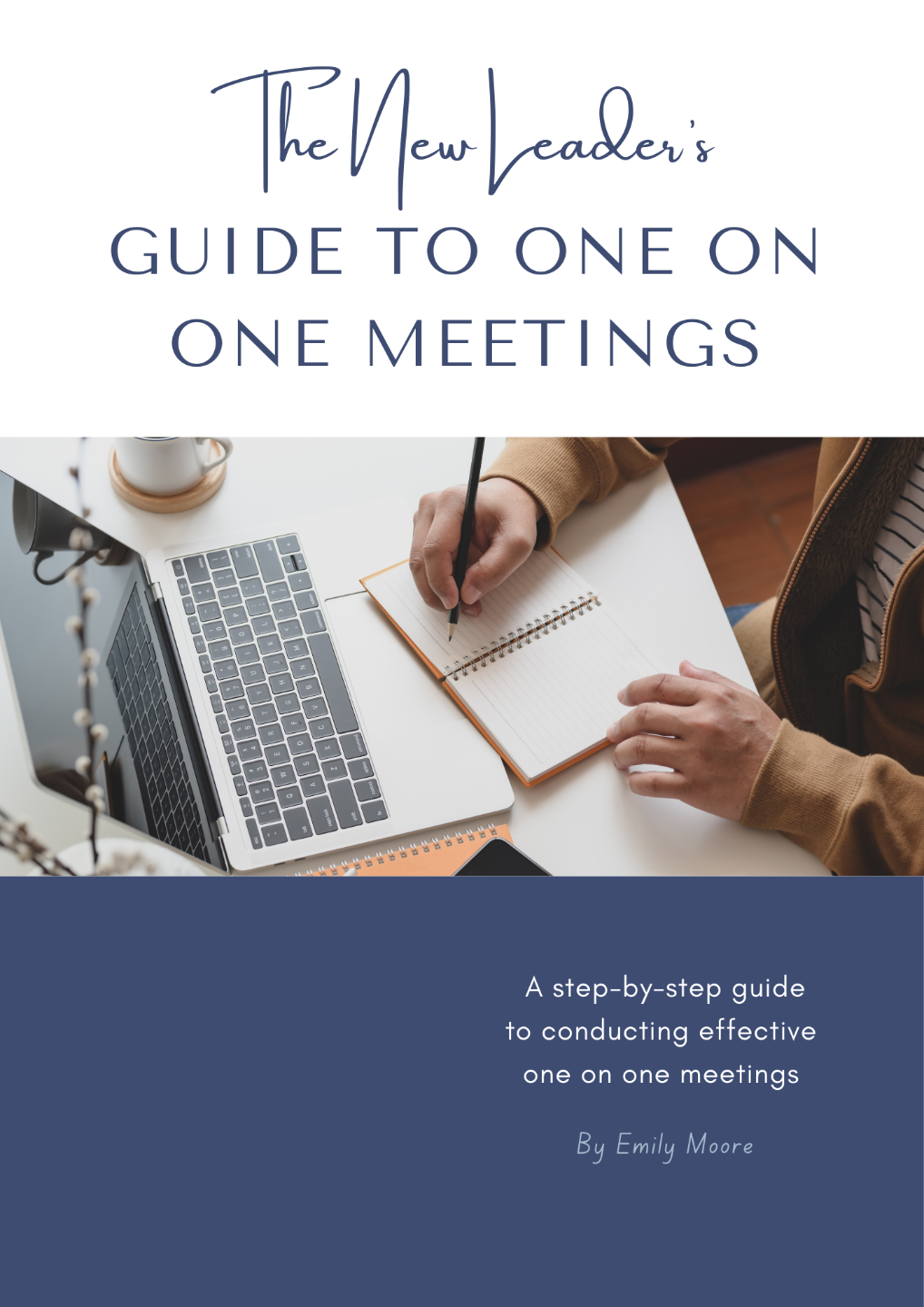
What are Stay Interviews and Do You Need to Be Having Them?
Dec 03, 2024
As a new manager, you're probably familiar with exit interviews—the conversation that happens when someone’s already given their notice or after they have left the building. It can be a great opportunity to gain a lot of useful insights from former team members on any improvements that can be made to make the workplace better, but it’s also too late to salvage that employee’s experience and relationship with them.
But what if you could flip that script and be a little more proactive? What if we have a conversation before any of our team members even think about leaving?
That’s where stay interviews come in and can go a long way towards building a strong and engaged culture.
Stay interviews can offer great insight into what keeps your team members happy and motivated. Instead of waiting until it's too late, you can find out what’s working, what you can improve, and what might be the catalyst for someone leaving - all while you still have the chance to actually do something about it.
So, let’s take a look at what stay interviews are, why they matter for you as a new manager, and how to get started.
What Are Stay Interviews?
The goal of a stay interview is to learn what makes your team stick around, what they love about their role or the workplace, and what, if anything, you can do to improve their experience. Basically, what keeps them engaged, motivated, and happy at work.
This meeting is not about performance or goals, and this is not a one-on-one meeting. This meeting is about their overall experience.
Stay interviews are designed to give you a solid understanding of what improvements need to be made before a team member gets to the point of burnout or disengagement. It’s your chance to ask, “What can I do to make your work experience better?”—and then actually do something about it.
Why You May Want to Consider Conducting Stay Interviews
As a new manager, stay interviews offer a ton of benefits—not just for your team, but for you as a leader too. They can help improve or maintain your relationship with your team members, contribute to an environment of trust and feedback, and give your team an overall sense that they have a voice and they have a say. Those all contribute to probably the two biggest benefits of conducting stay interviews:
Reduce turnover and increases retention
Turnover costs time and money and has many other hidden costs, including a major hit to productivity, so by understanding what might make someone want to leave, you can take action to address issues before it becomes a reason for them to actually quit.
Improves engagement
Your team wants to feel like they have a say in what’s happening. Especially in what’s happening in their day to day lives. So, if you’re having conversations with your team with the intent to potentially make improvements and keep them engaged, then guess what? They’re going to be more engaged! Crazy how that works.
How to Conduct a Stay Interview
These meetings should be more casual in nature, but with more targeted questions. They can be one on one style with just you and your team member or include another manager if it’s appropriate, and of course held in a private area where you can have a confidential, open conversation.
Be clear: Make it clear that this isn’t a performance review or a check-in on their work—it’s all about them. Let them know that this is their chance to share their thoughts about what’s working, what isn’t, and what improvements they’d like to see to feel better supported and more engaged.
Ask the right questions: A good stay interview is all about asking the right questions. Try open-ended questions like:
- What do you enjoy most about your role?
- What makes you excited to come to work in the morning?
- What would make your experience here even better?
- What talents or skills do you feel you aren’t using right now?
- Is there anything that might tempt you to leave for another opportunity?
Act on feedback: The most critical step comes after the interview—actually doing something with the feedback you receive. If an employee says they need more opportunities for growth, or they’re feeling burnt out, take meaningful action to address it. Follow-up is essential! And of course, there will be time when the answer is no or not right now. In these cases, it’s always best to be direct and transparent. So, if the answer is no, say no. Then let them know why that’s your answer. You’ll find “because I said so” very rarely works 😊
How Often Should you Be Having Stay Interviews?
There are differing opinions on how often you should be having stay interviews, but the key really is to be consistent – like every six months or once a year. I personally think once a year is sufficient. And while you can conduct them as needed, it’s a good idea not to just have them whenever you get wind someone might be leaving. For one, you may be too late to save the employee relationship, but it may start to have an impact on the effectiveness of your other stay interviews.
So, Do You NEED To Have Stay Interviews?
My honest answer is it depends. I think it depends on the size of your team and your existing relationships with them. And your existing one on one meetings can also have an impact on the need for stay interviews.
Overall stay interviews are another effective tool for your manager toolkit. They can give you the opportunity to find out what you are doing well as a leader (and double -down on whatever that is) and areas where you can improve (and work to improve whatever that is). By having these conversations regularly—and acting on the feedback—you can boost retention, increase engagement, and sharpen your leadership skills, and overall create a pretty amazing culture for you and your team!
But you may find you’re having really meaningful conversations during your one on one meetings or maybe you work in close proximity to your team and have regular open and honest conversations daily. Either of these situations can make a specific stay interview feel redundant.
It’s best to use your discretion and implement the practice if you feel like it would be a good fit and ultimately beneficial to your team and the culture you are building.
So, do you think you’ll implement stay interviews? Have you already conducted a stay interview before? What were the results? Share your experience or tips in the comments!
Happy Leading!
Emily



